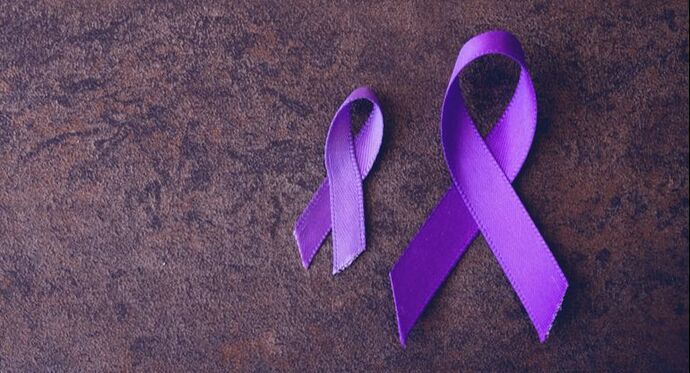|
Kenya is home to over 50 million people with 50.1% of its population being female.[1] And yet, 39% of women in Kenya between the ages of 15 - 49 have experienced physical or sexual violence during their lifetime and 26% of women in Kenya have experienced the same abuse in the past 12 months.[2] Gender-based violence in Kenya is alarmingly prevalent. The Global Gender Gap Report 2017 ranked Kenya 76 out of 144 on a global scale and stated the significant inequalities between males and females in the ability to obtain education, representation in parliament, participation in the labor market, access to land and overall health outcomes.[3] Progress for women’s rights has progressed slowly over time due especially to societal attitudes and cultural beliefs surrounding gender roles and their stereotypes, as well as systemic gender barriers.[3] Agatha Amani House strives to enrich and enhance the quality of life for these most vulnerable and marginalized people in Kenya. We work towards this vision daily by providing education and training to women that will allow them to gain jobs or start their own small business to achieve financial independence. It is one of our most important goals at the safe home along side helping women and their children heal from the trauma of sexual and domestic violence and abuse. It is our goal that the women, families and communities we serve today will become advocates, sponsors and mentors needed to create true social change in Kenya while breaking down the vicious cycle of violence and poverty. [1] Country Meters "Kenya Population Clock (Live)", accessed September 24, 2019, https://countrymeters.info/en/Kenya.
[2] "Kenya", 2016 UN Women, accessed September 23, 2019, http://evaw-global-database.unwomen.org/fr/countries/africa/kenya#1. [3] USAID "Gender Equality & Female Empowerment", September 2018, accessed September 20, 2019. https://www.usaid.gov/sites/default/files/documents/1860/GEFE_Fact_Sheet_Sept_2018.pdf Comments are closed.
|
Archives
January 2023
Categories |


 RSS Feed
RSS Feed